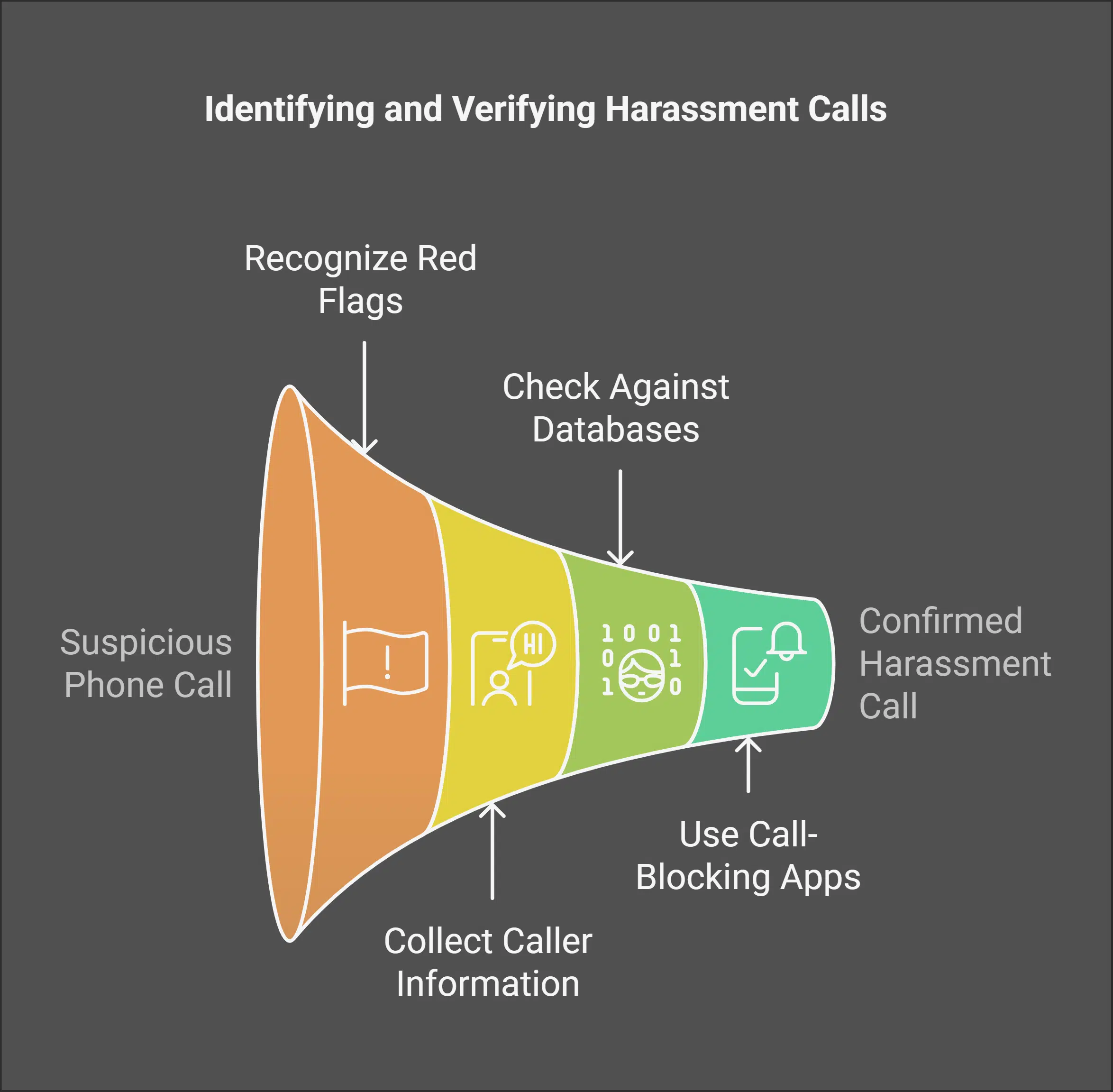Are you getting calls from 8776137414 and wondering who’s behind them? Many people face this issue, feeling annoyed or even worried about these unwanted calls. It’s a common problem that can disrupt your day.
The number 877-613-7414 is linked to harassment calls and scams, often marked as untrustworthy by users. Reports show it makes multiple daily calls with automated messages asking for personal details.
This blog will help you understand what 8776137414 is about, spot red flags, and learn how to report such calls effectively. Discover simple steps to protect yourself from phone scams and regain peace of mind—read on!
Overview of 877-613-7414
The phone number 8776137414 is a North American toll-free line with the prefix 877. It’s linked to area code 613, which is tied to Ontario, Canada. This number has been flagged for suspicious activity—scammers often use it to impersonate T-Mobile.
On Tellows, a site that tracks phone numbers, it has a score of 8 out of 10 for being highly untrustworthy. Over 15,228 people have searched this number on Tellows alone. Calls from this line may seem urgent or official but are likely scams designed to trick you.
Scam calls like these often use spoofed numbers to appear legitimate. They might involve robocalls or telemarketers pushing fake offers or phishing for personal details. Knowing how these schemes work helps you stay alert and take action if needed.
Next, let’s explore whether this number is legitimate or part of a scam operation….
Is 8776137414 a Legitimate or Scam Caller?
The number 8776137414 has been flagged as a T-Mobile scam. Tellows, a trusted caller protection service, ranks it 2 on its blacklist. Users have left 21 ratings on Tellows, with one rating deleted recently.
Search requests for this number have decreased, especially on weekdays. Scam databases like Truecaller and YouMail often mark such numbers as suspicious. Common patterns include repeated calls and attempts to gather personal information.
Always check unknown numbers against these tools to authenticate their legitimacy before responding or sharing details.
How to Identify Harassment Calls
Look for urgent requests or threats in calls—these are clear red flags. Check the number against scam databases to see if it’s been reported before.
Recognizing red flags
Harassment calls can be stressful and disruptive. Recognizing warning signs helps you stay protected from potential scams. Here’s what to watch for:
- Callers claim you’re eligible for rebates without proof. Scammers often use this tactic to gain trust.
- They ask for personal information like your Social Security number or credit card details. Legitimate companies rarely do this over the phone.
- Requests for a $1.95 fee to process a payment or rebate are common in scam calls.
- Robocalls or recorded messages that sound automated often signal harassment.
- Pressure tactics to act immediately create a sense of urgency, influencing your decision-making.
- Calls from unknown numbers like 8776137414 without prior contact raise suspicions.
- Unfamiliar companies or services mentioned in the call often lack authenticity.
- Scammers may use localstorage-like scripts to track your responses during the call.
- The caller refuses to provide clear details about their company or purpose when asked.
- Repeated calls from the same robocaller despite blocking attempts are a clear red flag.
Stay alert and protect yourself by spotting these patterns early.
Checking the number against scam databases
After recognizing red flags, the next step is to verify the number. Scam databases can help confirm if a call is suspicious.
- Visit trusted platforms like Tellows to check the number. Tellows shows 15,228 search requests for 877-613-7414, ranking it 2 on their blacklist.
- Look for related numbers reported for scams. Examples include 805-637-7243, 561-405-2647, and 256-212-8935, all tied to spoofing or impersonation.
- Use call-blocking apps that access scam databases. These tools can flag robo calls and session replay scams automatically.
- Compare the number with other scam reports. Display ads or forums often list suspicious numbers reported by users.
- Stay updated on new scam patterns. Scammers often change tactics, so regular checks are essential.
Common Patterns of Harassment Calls from 8776137414
If you suspect 8776137414 is a scam caller, looking at its calling habits can confirm your doubts. This number often makes 2-3 calls daily on weekdays, mostly harassment calls. Reports show nine instances of such annoying behavior.
It also engages in telemarketing, SMS spam, and aggressive advertising—like other unwanted numbers such as +1-593-978-6240 for cost traps or +1-557-675-7378 for unknown purposes.
Recognizing these patterns helps identify the threat early—use tools like call-blocking apps to stop these disruptions before they escalate further into privacy invasions through session storage or third-party cookies linked with analytics tracking systems.
Protective Measures Against Potential Scams
Start by contacting your phone carrier to block the number and report the issue—most carriers have dedicated teams for handling harassment. For further action, file a formal complaint with agencies like the FTC or FCC to ensure the call is tracked and addressed.
Call-blocking apps can also help flag suspicious numbers automatically, adding an extra layer of protection. Always keep records of calls—details like timestamps and messages can strengthen your case when reporting.
Tips on Identifying Spam Calls
Knowing how to spot spam calls can save you a lot of trouble. These calls often try to trick you, but you can learn to recognize them.
- Check the number. If it’s toll-free but looks odd, be wary.
- Watch for urgency. Spam callers want you to act fast without thinking.
- Know your rights. You shouldn’t get calls that you did not agree to.
- Listen for fake problems or prizes. They might say there’s an issue with your account or that you won something.
- Ask questions. If they avoid answers, it’s probably spam.
- Hang up if needed. You don’t have to stay on the line.
- Use a caller ID app. It can tell you if a call is likely spam.
- Block numbers that keep bothering you.
- Don’t press buttons during a call, even if they say it will stop the calls.
- Never share personal info unless you’re sure who’s on the other end.
Spam calls are unwanted and can be frauds trying to steal from you or lie to you in some way, like spoofing where they hide their real number behind one that looks legitimate or claiming infringement when none exists.
Keeping these tips in mind helps keep you safe from those trying to trick you over the phone.
Reporting to your phone carrier
Contact your phone carrier if you receive harassment calls from 8776137414. Most carriers, like Verizon or AT&T, have systems to block unwanted numbers. Report the number and share detailed call logs—dates like 9/13/24 and patterns such as 2-3 daily calls help them act faster.
Carriers may also suggest using their built-in call-blocking tools for added protection. Filing a report with your provider ensures they monitor and flag suspicious activity linked to this number.
Filing complaints with the FTC or FCC
To report harassment calls, file a complaint with the FTC or FCC. The FTC handles scams and frauds, like the $1.95 rebate processing fee scam linked to 8776137414. Visit the FTC’s website or call their hotline to submit your issue.
The FCC deals with unwanted calls and violations of telemarketing rules. Use their online complaint form for quick reporting. Richard Grant, a consumer protection expert, suggests verifying suspicious calls through official channels before taking action.
Both agencies track patterns to stop scam operations efficiently. Always include details like dates, times, and call content in your complaint for better follow-up.
Takeaways
Harassment calls like those from 8776137414 can disrupt your day and feel invasive. Recognizing red flags—like repeated, automated messages—helps you stay alert. Reporting these calls to your carrier or the FCC ensures action is taken quickly.
Blocking tools and apps add an extra layer of protection against unwelcome contacts. Stay cautious, take control, and protect yourself from scams effectively.









































